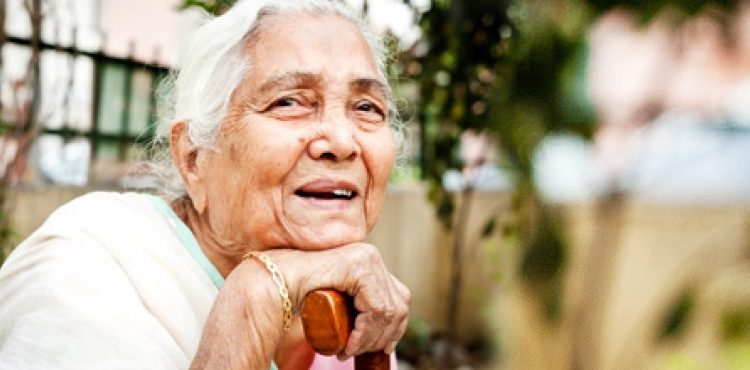
Yoga effective as a fall prevention strategy among the elderly, reveals new research
Falls are an emerging public health issue in India and a major cause of mortality and morbidity globally. It is estimated that 75 per cent of the fall injuries occur in low and middle-income countries and the impact set to rise as the population ages.
A new study conducted by the George Institute for Global Health suggests that doing yoga can prove beneficial in preventing falls among the elderly, restore balance and mobility and hence effective in preventing injuries.
The study spread over three months involved 50 people aged between 60-81 years, of whom 29 were women. As part of the study, participants attended 27 yoga sessions, with each session lasting for an average of one hour.
Mixed methods were used to evaluate the acceptability and feasibility of a yoga program. Thematic analysis was conducted in the context of perceptions, barriers and benefits of yoga participation and fall ascertainment. Physical performance using the Short Physical Performance Battery, fear of falling, blood pressure and weight loss were measured before and after the program.
The researchers observed that there was an improvement in time taken by the elderly in rising up from a chair and an increase was observed in the length of steps taken by them while walking. The study had a qualitative component and through the focus group discussions and interviews, it was found that the fear of falling had reduced as compared to before, among the elderly who participated in the study.
A central concept emerging from the focus groups and interviews was that yoga has a wide range of benefits beyond improvements in balance and mobility— ‘yoga for healthy ageing’. These findings suggest that yoga is a holistic approach to healthy ageing and the other health benefits, such as diabetes and hypertension status, should be evaluated in addition to falls. Yoga may be best positioned as a program for ‘healthy ageing’ rather than simply for fall prevention, and this could alleviate the challenge of engaging with older people who have multiple competing health priorities
Talking about the findings, Dr D Praveen, Programme Head-Primary Health Care, George Institute for Global Health India says,
the study results show that yoga is well accepted and resulted in improved ability to rise from a chair, weight loss, increased step length and reduced fear of falling. These results provide impetus for further research evaluating yoga as a fall prevention strategy in India.
He further adds, “This was a pilot study with small sample size which showed a positive impact. Now, we want to do a larger study using randomised control trials to prove effectiveness of yoga.”
The study titled, ‘A mixed methods evaluation of yoga as a fall prevention strategy for older people in India’, was published this month in the journal BioMed Central. It was led by Dr Lisa Keay of the Injury Division, The George Institute for Global Health in Sydney. Researchers from Population health and Cardiovascular divisions of the George Institute India, musculoskeletal division of the Sydney School of Public Health, University of Sydney, Centre for Physical Fitness and Sports Sciences, University of Hyderabad and Osmania Medical College also participated in conducting the study.



